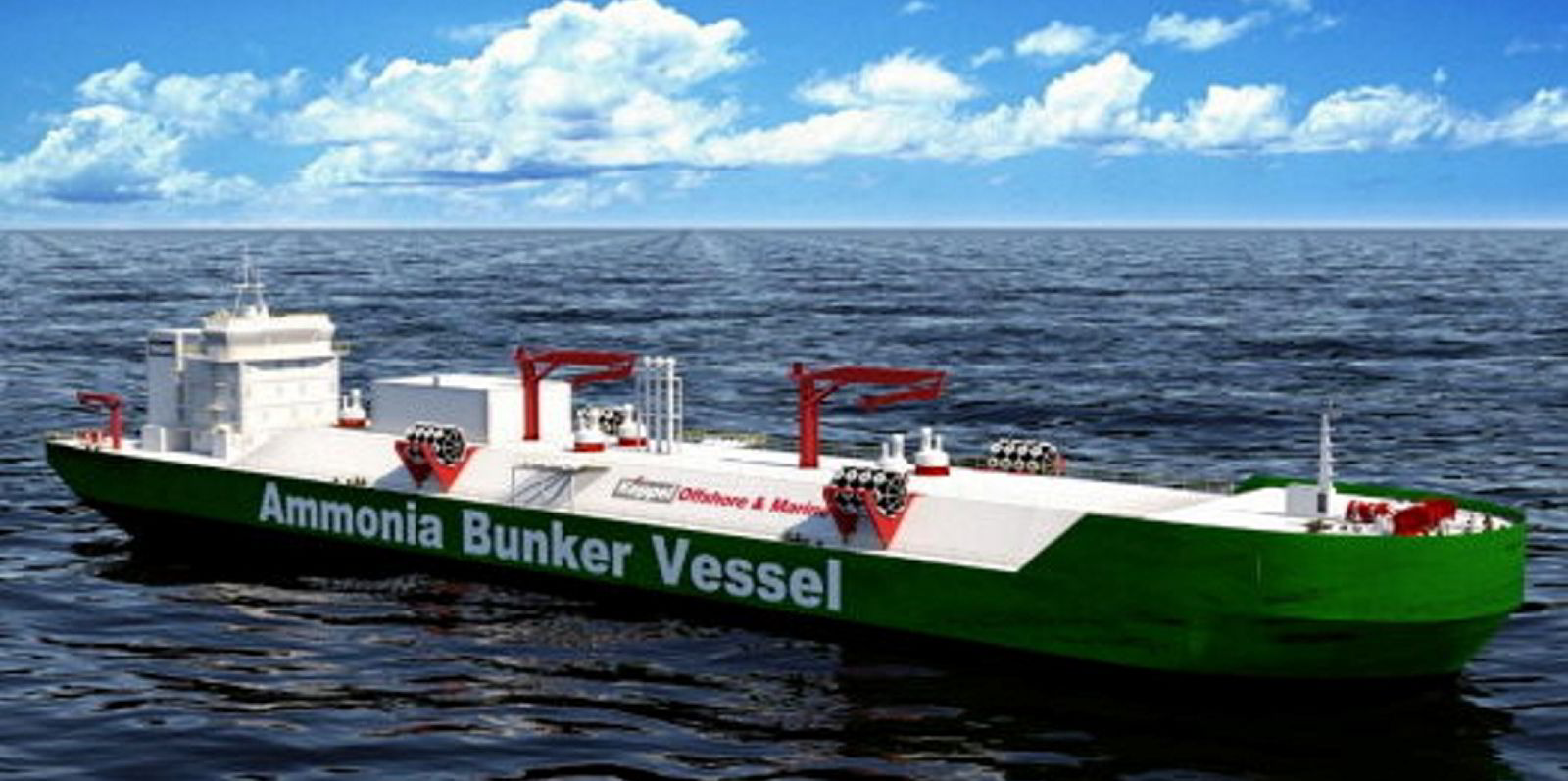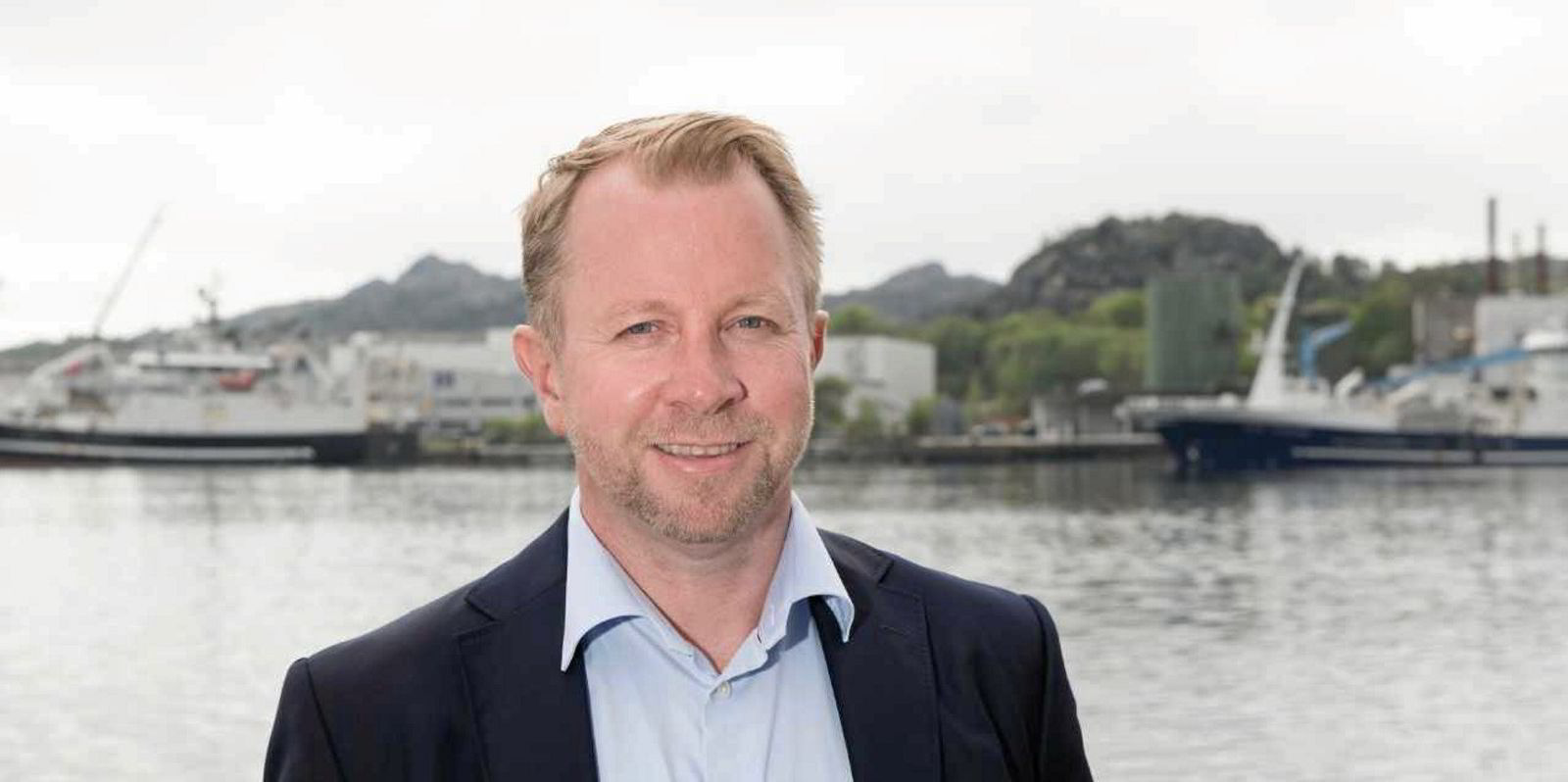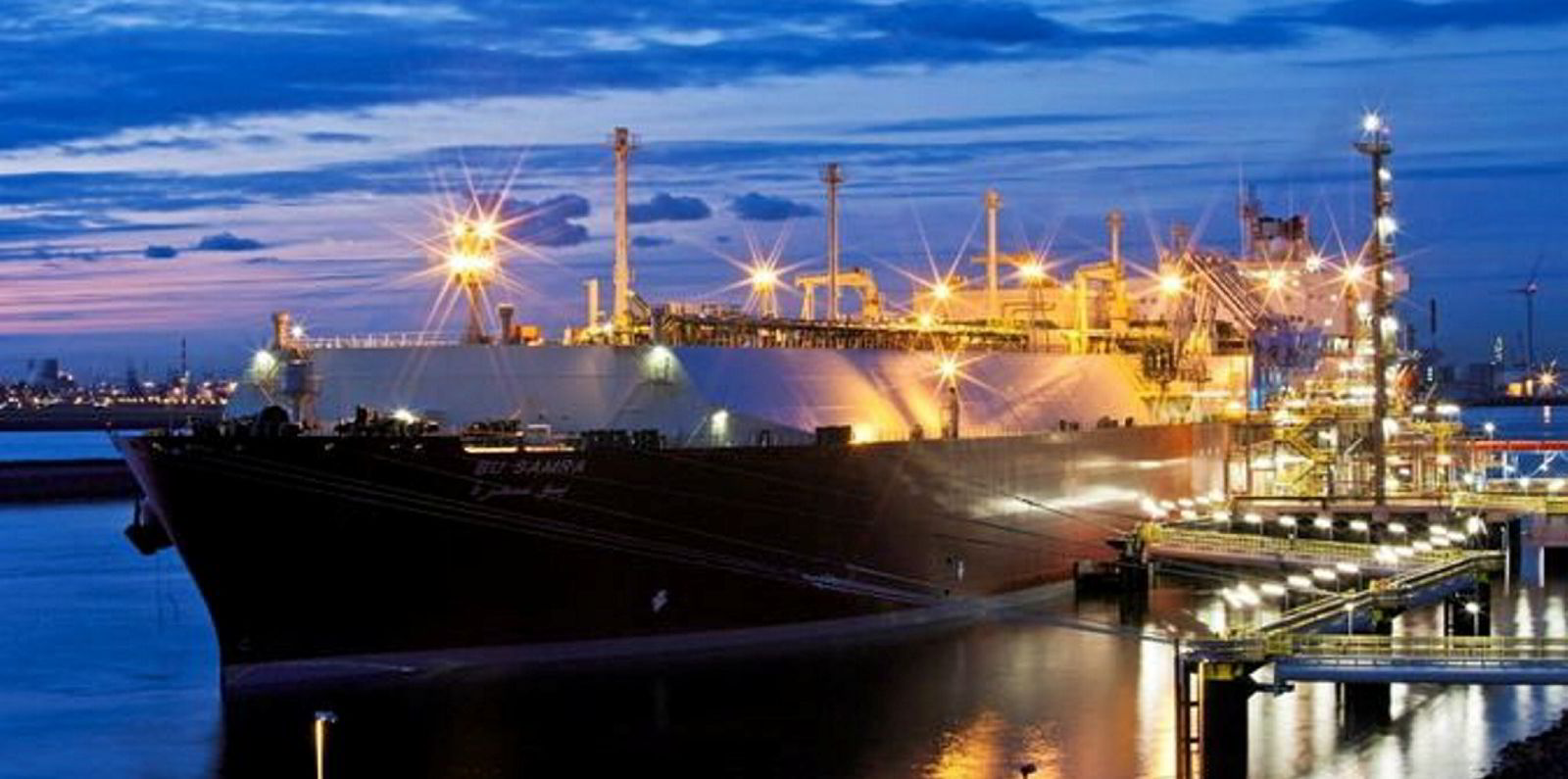Giant Japanese owner K Line is throwing its weight behind an AP Moller-Maersk-led bid to build an ammonia bunker tanker fleet.
The consortium has also brought the Maritime & Port Authority of Singapore (MPA) on board to help develop terminal infrastructure for the zero-carbon fuel.
The study group was formed last year by Danish container line Maersk and the Maersk Mc-Kinney Moller Center for Zero Carbon Shipping, together with Fleet Management, Keppel Offshore & Marine, Sumitomo Corp and class society ABS.
ABS has now given approval in principle for the new ship design following a feasibility project begun in March last year.
K Line said the group has identified potential ammonia supply sources and likely costs, as well as estimating the investment involved in developing critical infrastructure, such as ammonia storage tanks and a fleet of ships to supply the fuel to other vessels.
The MPA wants to develop the “ammonia bunkering ecosystem” in Singapore.
“With the addition of K Line and MPA as new members, the parties will build on the current findings and begin development works to establish an integrated supply chain, with the goal to commence ammonia bunkering by 2030,” K Line said.
Further cooperation will be sought to make the world’s first ammonia fuel supply chain a reality, it pledged.
Ammonia does not emit CO2 when burned.
K Line views the fuel as one of the most promising alternatives to hit shipping’s decarbonisation targets.
Commercial phase
The project is now moving from the study phase into commercialisation.
The work over the past year found that well-to-wake greenhouse gas emissions from ammonia are expected to be 99% lower than from LNG or low-sulphur fuel oil.
Storage terminal operators with operations on Singapore’s Jurong Island have been engaged.
Bo Cerup-Simonsen, chief executive of the Maersk Mc-Kinney Moller Center, said: “Close collaboration between public and private sector is crucial in order to decarbonise the maritime industry by 2050.
“Safe handling of ammonia in ports and on board vessels is a perfect example of an area that requires effective collaboration between multiple parties as operational, safety, environmental and regulatory issues must be solved in parallel.”
K Line CEO Yukikazu Myochin said his group is proud to participate.
“We believe the collaboration with leaders in maritime industry ... will contribute to develop ammonia bunkering in Singapore, and the attainment of approval in principle for ammonia bunkering vessel is a remarkable milestone in our journey to decarbonise global shipping,” he added.






